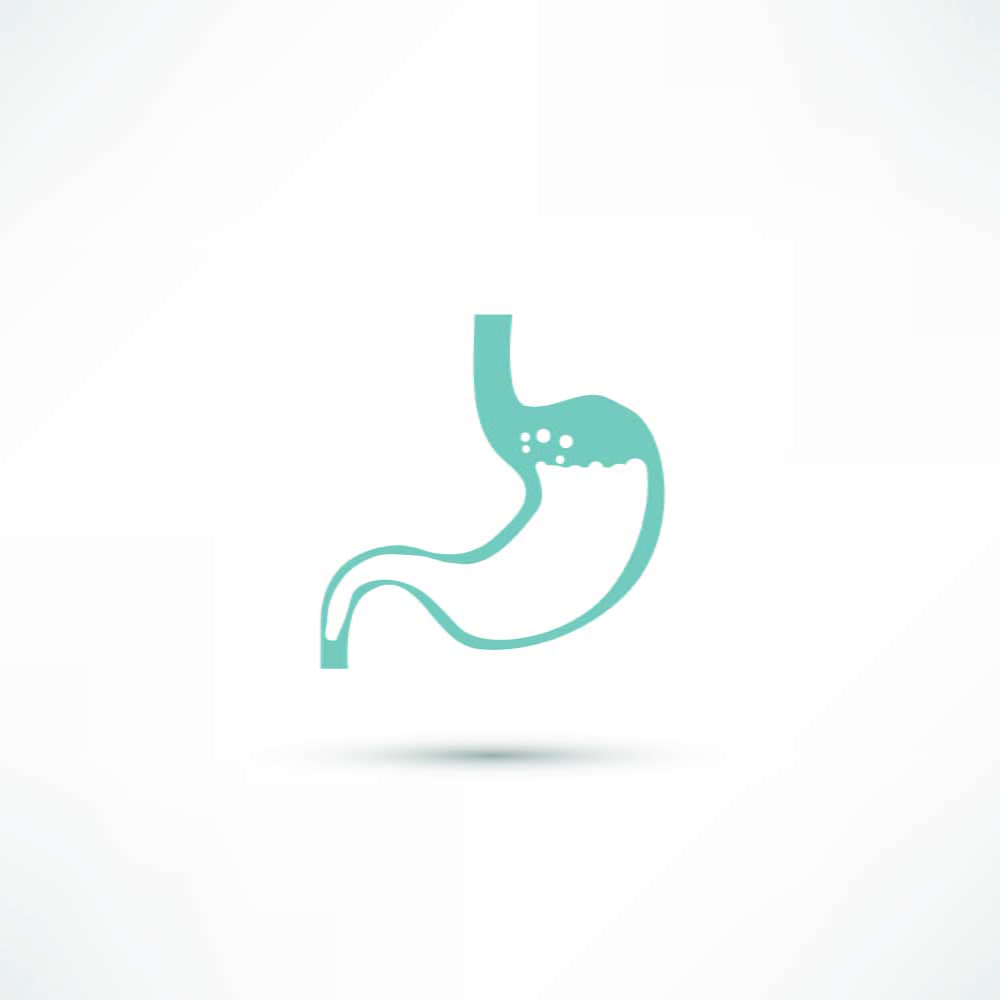Introduction:
Functional dyspepsia (FD) is said to be one of the most common gastrointestinal disorders which affects up to 30% of the global population and it also significantly impacts the quality of life. There has been recent evidence that highlights the role of intestinal microbiota in the pathogenesis of FD which includes motility, visceral hypersensitivity, immune activation, and impact for management.
Methods:
- Patients aged 15-75 years with FD that was defined by Rome IV criteria were selected for the study and were randomized into 2 groups:
- Group 1- encapsulated Fecal Microbiota Transplantation (FMT), 6 capsules twice daily for 2 consecutive days.
- Group 2- placebo capsules were administered in the same doses.
- Fifty grams of stool material were used for encapsulation for each patient. Encapsulated FMT and placebo capsules were identical in appearance. The gastric juice of patients was also collected pre and post FMT in order to perform microbial analysis.
- The primary outcome was efficacy of the encapsulated FMT when compared to placebo at 8 weeks.
- Secondary outcome was efficacy of encapsulated FMT on the Quality of Life (QoL) of patients with FD and safety of encapsulated FMT in FD.
Results:
- The total patients included were 14 out of which 71.4% were females and the population had a mean age of 43.06 ± 16.1 years.
- The patients were randomized into FMT and placebo groups and the outcomes were assessed at week 8.
- The baseline characteristics matched between groups and no serious adverse events.
The following table shows the results of the outcomes:
|
Domain |
FMT Group (Mean Change) |
Placebo Group (Mean Change) |
p-value |
|
SODA – Non-pain |
−4.75 [−6.92 to −2.57] |
−0.71 [−3.5 to 2.09] |
0.016 |
|
SODA – Satisfaction |
2.63 [1.14 to 4.10] |
0.14 [−0.98 to 1.27] |
0.008 |
|
SODA – Pain |
−2.63 [−4.90 to −0.34] |
−2.14 [−3.86 to −0.41] |
0.701 |
|
Quality of Life |
0.15 [0.08 to 0.22] |
0.07 [−0.02 to 0.17] |
0.153 |
Conclusion:
It was concluded that encapsulated FMT demonstrated significant improvement in non-pain symptoms and patient satisfaction which suggested that it might be a novel therapeutic option with safe and favourable outcomes for patients with FD.
Digestive Disease Week 2025, May 3rd – 6th, San Diego



